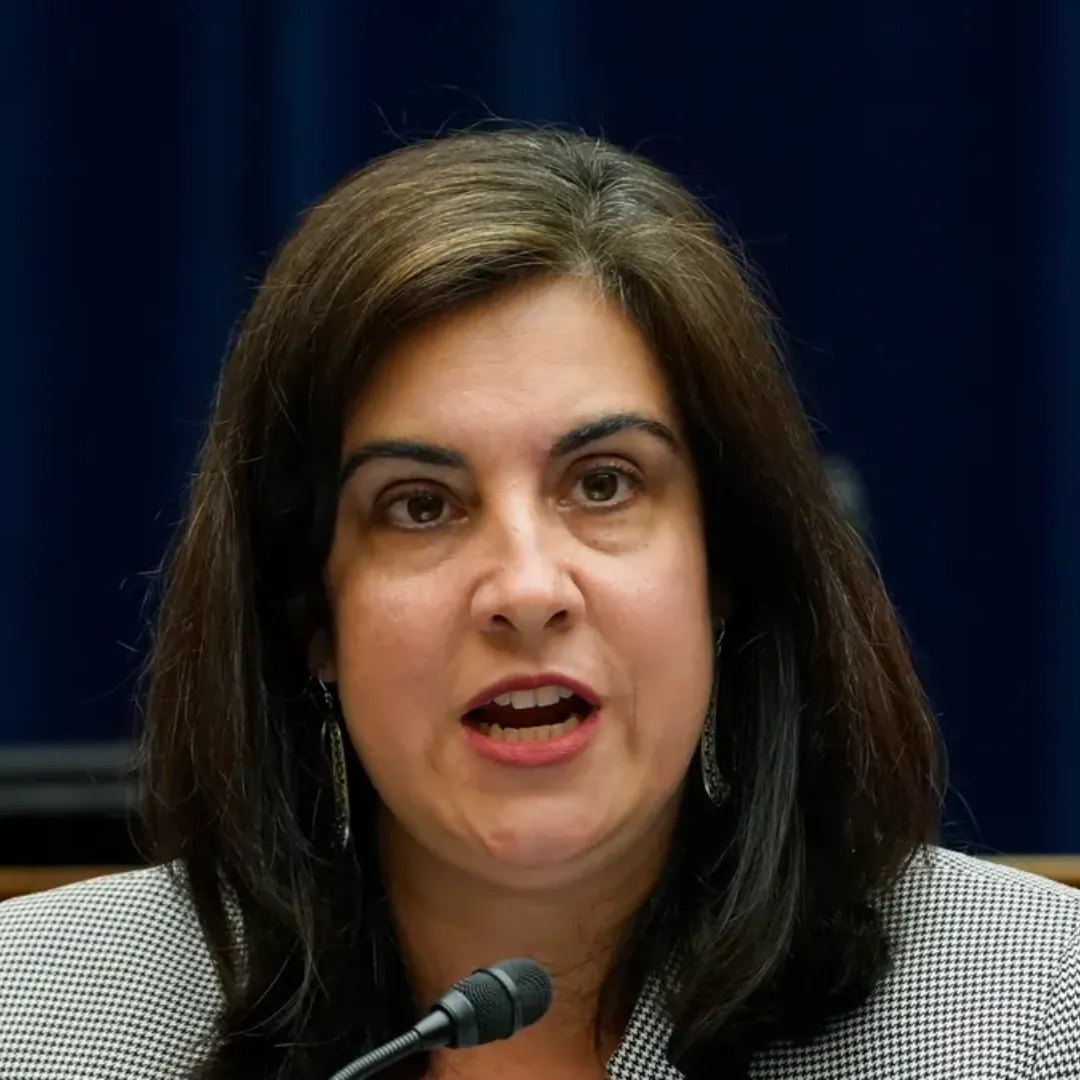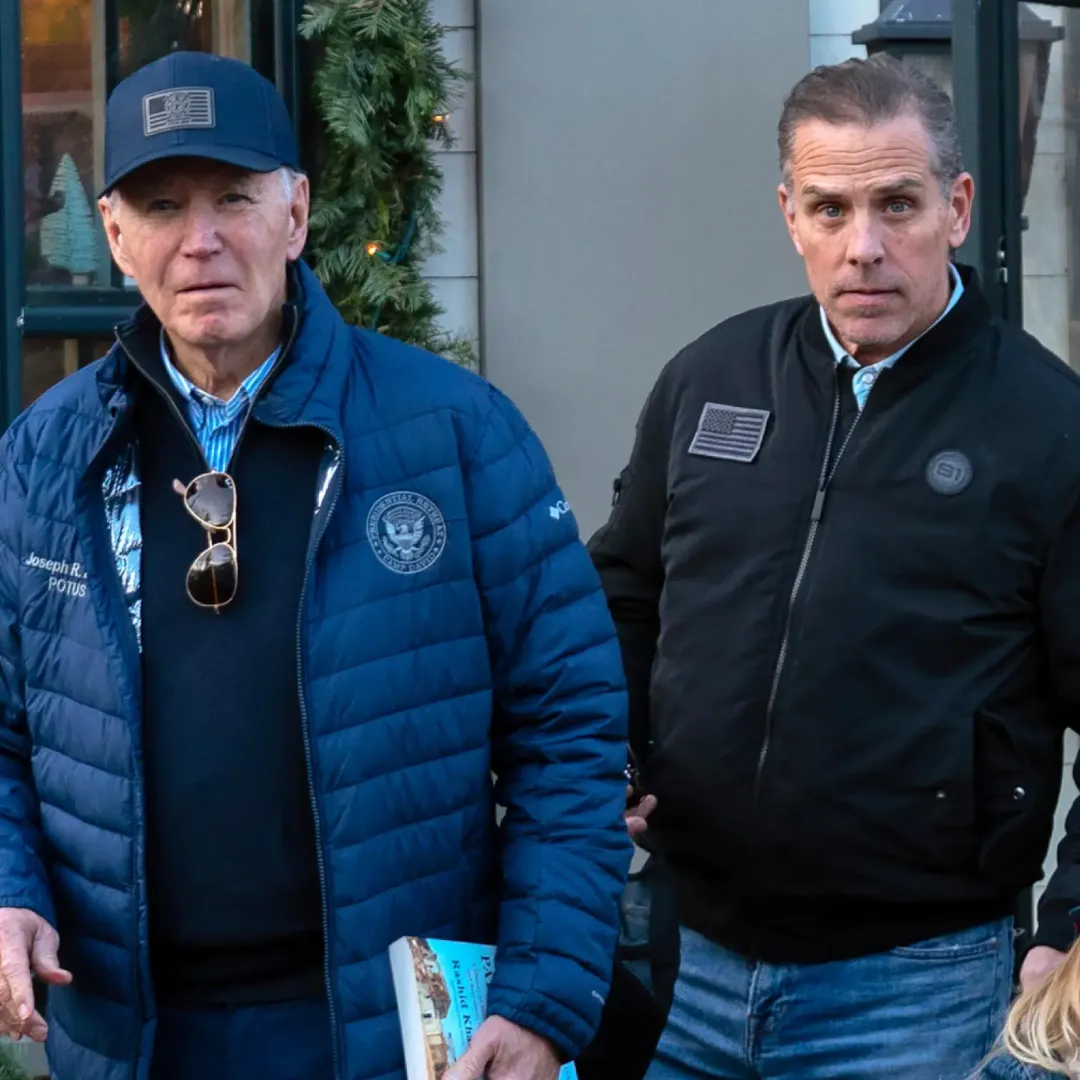Hunter Biden Pardon Sparks Uproar as GOP Vows to Continue Investigations
In a move that has sent shockwaves through Washington, President Joe Biden granted his son, Hunter Biden, a full and unconditional pardon, sparking fierce bipartisan criticism and calls for continued investigations. Leading the charge is Rep. Nicole Malliotakis (R-N.Y.), who has urged House Republicans to press forward with their inquiry into Hunter Biden’s legal troubles despite the president’s controversial decision.

Speaking in a Thursday interview, Malliotakis emphasized the importance of transparency and accountability, insisting that the American public has a right to know the full scope of Hunter Biden’s actions. “Our investigation must continue, I believe, to let the American people know the truth, even if these pardons are taking place,” she stated, her remarks underscoring a growing Republican determination to keep the Biden family under scrutiny.
The pardon, announced on Sunday, has raised significant legal and ethical questions. Critics argue it undermines the justice system, with many questioning its constitutionality and fairness. Malliotakis hinted that Republican lawmakers might seek to challenge the pardon in court, suggesting that legal experts and members of Congress will explore all available avenues. “I think that you’ll see members from the Oversight Committee and other committees that have worked so diligently on this try to seek out those arguments,” she said, hinting at a brewing legal battle.

Hunter Biden’s legal troubles have long been a flashpoint for Republican criticism. Convicted in June of three felony counts for lying about drug use on a firearm application and illegal possession of a weapon, he later pleaded guilty in September to nine federal tax charges, including failing to pay taxes on substantial income. Sentencing was still pending when President Biden issued the pardon, a move Malliotakis and others view as a direct affront to justice.
President Biden defended his decision in a statement that accompanied the pardon, arguing that his son was unfairly targeted due to their familial relationship. “No reasonable person who looks at the facts of Hunter’s cases can reach any other conclusion than Hunter was singled out only because he is my son — and that is wrong,” the president asserted, marking a stark departure from his earlier assurances that he would not interfere in his son’s legal matters.
The pardon has not only united Republicans in outrage but also left many Democrats uneasy. Some within Biden’s own party have expressed disappointment, viewing the decision as a dangerous precedent that could erode public trust in the justice system. For Republicans, the pardon serves as further evidence of alleged corruption and misconduct within the Biden family.
Malliotakis and her Republican colleagues have vowed to continue their investigations. The House Oversight Committee, which has spearheaded the probe into Hunter Biden’s dealings, is expected to expand its inquiry to include the legal and ethical ramifications of the pardon. “This isn’t just about Hunter Biden,” Malliotakis declared. “It’s about ensuring that no one is above the law, not even the president’s family.”
Critics argue that the pardon not only undermines accountability but also sets a perilous precedent for presidential power, one that could embolden future administrations to shield their own from legal consequences. As graffiti reading “Hunter walks free, but justice weeps” appeared in several cities overnight, it became clear that the pardon has struck a deep chord with an increasingly disillusioned public.
The fallout from this unprecedented decision is far from over. As legal experts weigh the constitutionality of the pardon and lawmakers sharpen their investigative tools, the debate over Hunter Biden’s legal cases threatens to overshadow President Biden’s administration. With Republicans resolute in their pursuit of the truth and the public demanding answers, the stage is set for a high-stakes battle that could define the Biden presidency and reshape the limits of executive power.





